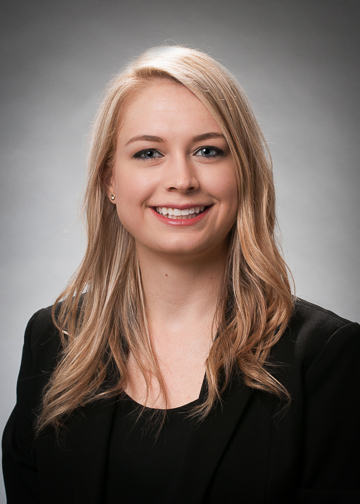On my first morning at the American Heart Association’s Scientific Sessions, I picked up my badge and joined the stream of scientists flowing through the sunshine-filled hallways of the Anaheim Convention Center before making my way up the escalator to Ballroom B. A panel of personalities commanded a large table at the head of the room. This opening session was packed with early career investigators – that is, PhD candidates like me, but also post-docs, residents, and young faculty. We’re newbies to this kind of thing, called to attend this talk on cultivating successful mentor/mentee relationships. Throughout the conference, we’ll learn extensively about a variety of themes in cardiovascular disease research, kicked off with this panel and moving into more specialized topics until the doors close next Wednesday.
Conferences are foundational to the graduate education experience. As a student/trainee member of AHA, my time in Anaheim probably looks a little different than the tenured professor that I chatted with in the registration line or the young doctor that I sat next to in the first session. One way to start cultivating your personalized experience here is by swiping through the mobile meeting guide, which you can download on your phone by searching “AHA events” on the app store. It can help you navigate the meeting, explore the sessions, and set out a schedule, all from your hotel room. Isn’t technology great? I’ve got everything I need organized in the palm of my hand.
Everyone has a different strategy for how they will spend their time at Sessions. There’s a lot on my mind right now, between wrapping up experiments for my dissertation project, pushing out my first few papers and grant applications, and clenching a post-doc. That translates to a lot of learning opportunities in the days ahead. I’ll be trying to use my time wisely so that I can totally nail the experience. Here is the plan so far:
1. I’ll be deliberate about choosing the sessions that I attend. Anything having to do with the field of cardioprotection? You bet I’ll be there! This helps me gain fresh ideas on my own work and join the larger conversation in my field. I’ll also be ducking into some talks on flashy, cool topics that seem especially novel or significant. People are doing some ground-breaking stuff out there, and I don’t want to miss any of it. That’s what makes science so exciting.
2. If there are any career-oriented sessions that lay out steps toward my goals as a scientist, you can probably find me in the audience. Saturday has been packed with Early Career seminars – they cover everything from how to succeed in grant writing to how to be a scientific extrovert. Throughout the conference, presenters looking to hire someone in their lab will occasionally mention that at the end of their slides. Going forward, I’ll keep a sharp eye out for those opportunities.
3. Network, network, network. Everybody’s doing it! It’s an imperative, fundamental survival skill in science. Conferences are the ideal place to link information and ideas together. Today I talked to people I’ve never talked to before: the senior investigators at this afternoon’s Lunch with Legends, who gave me invaluable pointers on finding a post-doc position. I’m going to try to spend the rest of the conference shaking as many hands as possible.
At the end of Day 1, I’m already feeling incredibly inspired and energized about my experience at Scientific Sessions. How did you prepare for Scientific Sessions this year?

Annie Roessler is a PhD Candidate at Loyola University in Chicago, IL. Her research focuses on the neurobiology and molecular mechanisms of electrically-induced cardioprotection. She tweets @ThePilotStudy and blogs at flaskhalffull.com